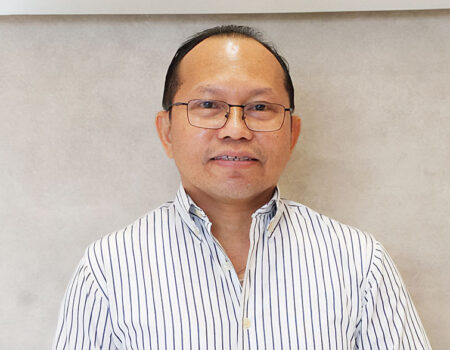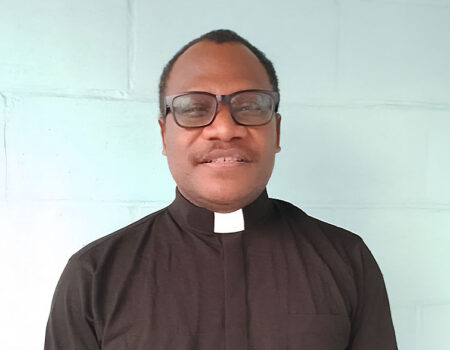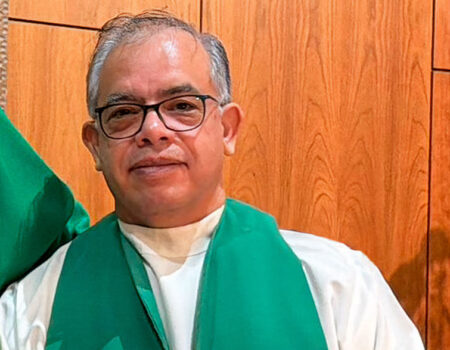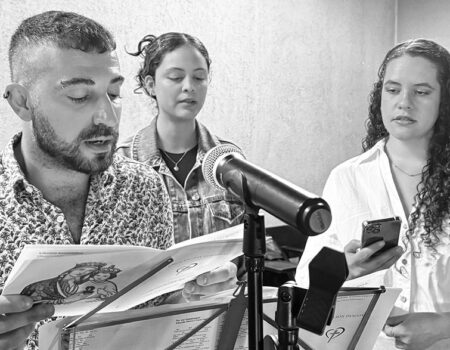GLT Accompaniment: Indonesia and Philippines
Tuesday July 15, 2025

Indonesia. I was in Indonesia from July 1-12, 2025 attending various activities. The main focus was a meeting of MSC formators from across Indonesia, held in Pineleng (1-5 July 2025). The theme of the meeting was: “Formators as companions on the journey.” The aim of this gathering was to study the Emaus document and explore its application in the context of formation in Indonesia.
I was given the opportunity to accompany the formators in deepening their understanding of the document in light of the four movements of spirituality of the heart: Encounter, Intimacy, Conversion, Mission. All participants responded positively. The formators saw the Emaus document not just as a text, but as a practical guideline that could respond to the needs of MSC formation amidst the challenges of the times. The discussions that arose were also very lively. We talked about how to bring this document to life in the community, how to help students experience God in their daily lives, and even how to build a more human and compassionate formation atmosphere. In addition, I had the opportunity to meet personally with the students in the scholasticate and novitiate.
The meeting with the formands felt warm and friendly. From the beginning, I said that I did not come to teach them, but rather to share experiences and open a space for dialogue. I listened to their stories—some were full of enthusiasm, while others were filled with anxiety. We also talked about the purpose of the congregation’s formation, about the call to religious life, and also about the challenges they face.
Philippines. On 13 July, I continued my journey to the Philippines. This time, I was not alone because Simon Lumpini also joined me (13-20 July). We arrived as part of the Initial Formation Commission team for the congregation. We were greeted with warm hospitality from the moment we arrived, and during our stay, we stayed at Chevalier Home.
The main purpose of our visit was to support several MSC formation houses in the Philippines. The three main places we visited were the Scholasticate in Manila, the Novitiate in Bulacan, and the College in Surigao. In each meeting, we did not come to impart a lot of theory, but rather to listen to the experiences of the students. Through open dialogue, we also aimed to remind them of the purpose of MSC formation in light of the Emaus document.
One point we highlighted was the identity of the MSC. We stressed that the MSC is a religious congregation, not a clerical one. This means that the core identity of an MSC is that of a religious person grounded in religious values, not just in performing priestly duties. This explanation was very well received. Many students felt that their sense of calling became clearer when they realised that being an MSC primarily means being a religious, with all the responsibilities and lifestyle that entails.
The students’ reaction was very encouraging. They listened carefully and responded thoughtfully. Some of them shared personal stories about their formation journey and the challenges they faced. Besides the accompaniment, we also had the special chance to attend the entrance ceremony at the Aspirancy and College. After eight days full of activities and meaningful encounters, on 21 July we returned to Rome from Manila. Thanks to all our conferers in Indonesia and the Philippines who made our supporting process possible.
Bram Tulusan, msc












